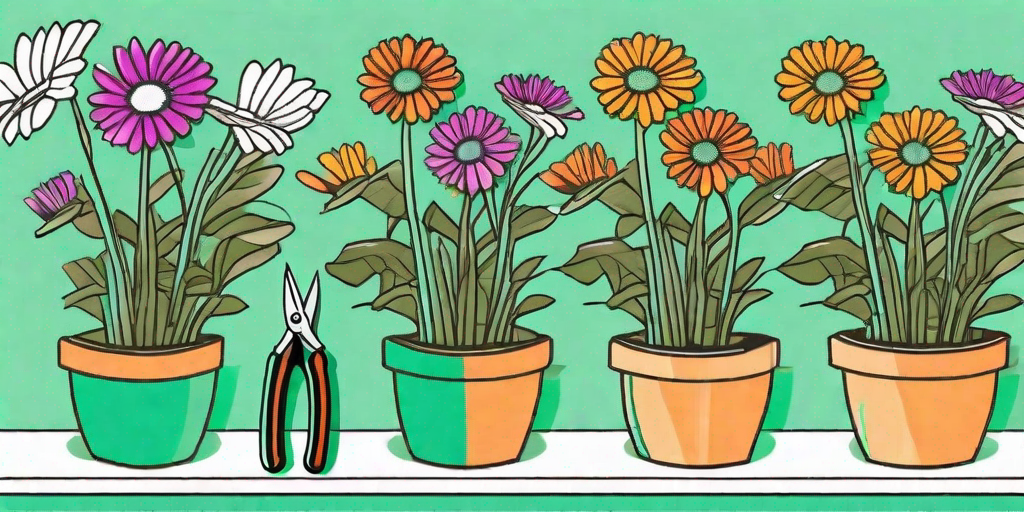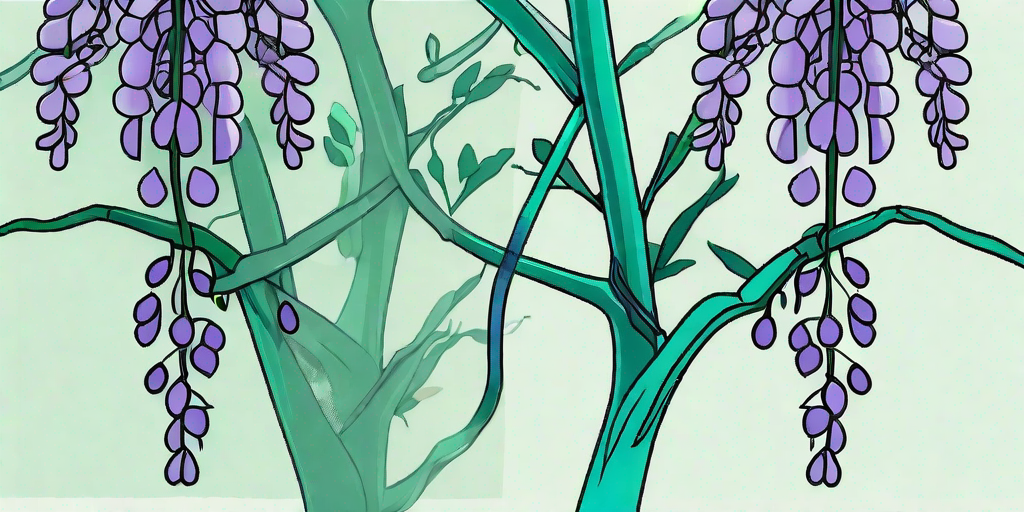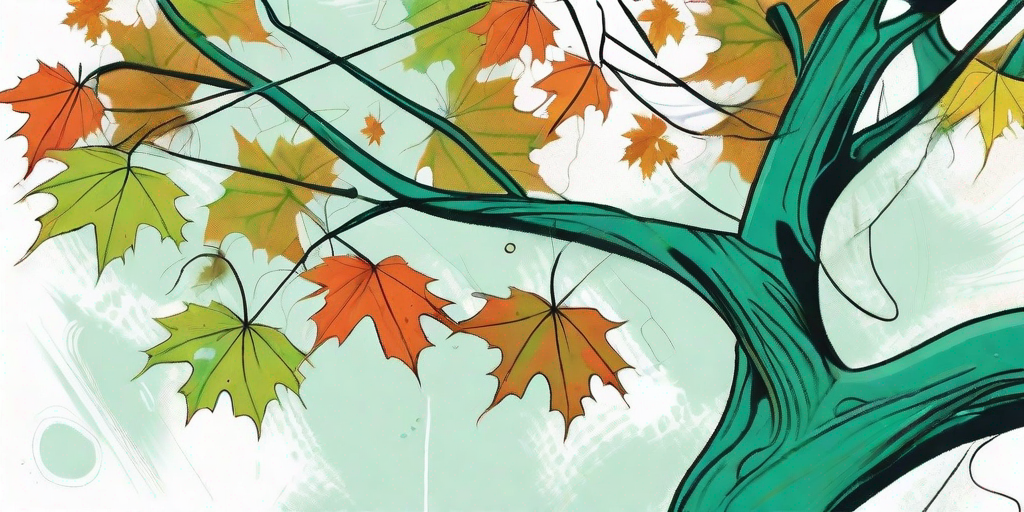
Roses, the quintessential symbol of love and beauty, are a garden's crowning glory. But, let's face it, they can be as temperamental as a diva on a diet. One day they're blooming, the next they're sulking. The secret to keeping them happy? Choosing the perfect fertilizer. And we're here to spill the tea on that.
The Basics of Fertilizing Roses
Before we dive into the nitty-gritty, let's get the basics down. Fertilizers are like the multivitamins of the plant world. They provide essential nutrients that roses need to grow and bloom. But not all fertilizers are created equal. Some are like a gourmet meal, others more like fast food. So, how do you choose the right one?
Well, it's not just about picking the most expensive one or the one with the prettiest packaging. It's about understanding what your roses need and finding a fertilizer that can provide it. And that, my friends, is where the fun begins.
Understanding Nutrients
There are three main nutrients that roses need: Nitrogen (N), Phosphorus (P), and Potassium (K). Nitrogen promotes leaf growth, Phosphorus helps with flower production, and Potassium strengthens the plant's overall health. Most fertilizers will have a ratio of these three nutrients on the packaging, like 10-10-10 or 5-10-5. The higher the number, the more of that nutrient the fertilizer contains.
But wait, there's more! Roses also need secondary nutrients like Calcium, Magnesium, and Sulfur, and trace elements like Iron, Manganese, and Zinc. These are usually present in smaller amounts, but they're just as important.
Organic vs. Synthetic Fertilizers
When it comes to fertilizers, you have two main choices: organic and synthetic. Organic fertilizers are made from natural materials like bone meal, fish emulsion, or compost. They release nutrients slowly and improve the soil's structure and fertility over time. On the other hand, synthetic fertilizers are manufactured and release nutrients quickly. They're like a quick energy drink for your roses.
So, which one should you choose? It's like choosing between a home-cooked meal and takeout. Both can be good, but one is usually healthier in the long run. If you want to build a strong, healthy soil that will feed your roses for years to come, go organic. But if your roses need a quick pick-me-up, a synthetic fertilizer might do the trick.
Choosing the Right Fertilizer for Your Roses
Now that we've covered the basics, let's get down to business. How do you choose the right fertilizer for your roses? Well, it's not as complicated as it sounds. Here's a step-by-step guide to help you out.
Step 1: Test Your Soil
The first step in choosing the right fertilizer is understanding your soil. A soil test can tell you what nutrients your soil is lacking and what it has in excess. This will help you choose a fertilizer that can balance out these deficiencies and excesses.
Soil testing kits are available in most garden centers, or you can send a soil sample to a lab for testing. Either way, it's a small investment that can pay off big time in the long run.
Step 2: Choose the Right Nutrient Ratio
Once you know what your soil needs, you can choose a fertilizer with the right nutrient ratio. Remember the N-P-K ratio we talked about earlier? This is where it comes in handy. If your soil is low in Nitrogen, choose a fertilizer with a high first number. If it's low in Phosphorus, go for a high second number, and so on.
But don't forget about the secondary nutrients and trace elements. If your soil test shows that your soil is deficient in these, look for a fertilizer that includes them.
Step 3: Consider Your Roses' Needs
Finally, consider your roses' needs. Are they newly planted or established? Are they blooming or dormant? Different stages require different nutrients. For example, newly planted roses need a balanced fertilizer to promote root growth, while blooming roses need more Phosphorus to produce flowers.
Also, consider the time of year. Roses generally need more fertilizer during the growing season (spring and summer) and less during the dormant season (fall and winter).
Frequently Asked Questions
How often should I fertilize my roses?
Most roses benefit from regular feeding during the growing season. A good rule of thumb is to fertilize every 4-6 weeks from early spring until about a month before the first frost. But remember, more is not always better. Over-fertilizing can harm your roses, so follow the package instructions carefully.
Can I use a general-purpose fertilizer for my roses?
While roses have specific nutrient needs, a general-purpose fertilizer can be a good starting point, especially if you're new to rose gardening. Just make sure it has a balanced N-P-K ratio and includes secondary nutrients and trace elements.
What are some good organic fertilizers for roses?
There are many good organic fertilizers for roses. Some popular ones include alfalfa meal, bone meal, fish emulsion, and compost. These not only provide nutrients but also improve the soil's structure and fertility.
Conclusion
Choosing the right fertilizer for your roses can seem like a daunting task, but it doesn't have to be. With a little knowledge and a bit of detective work, you can find the perfect match for your soil and roses. And the reward? Blooms that will make your neighbors green with envy. So go ahead, give your roses the royal treatment they deserve. After all, they're worth it.















